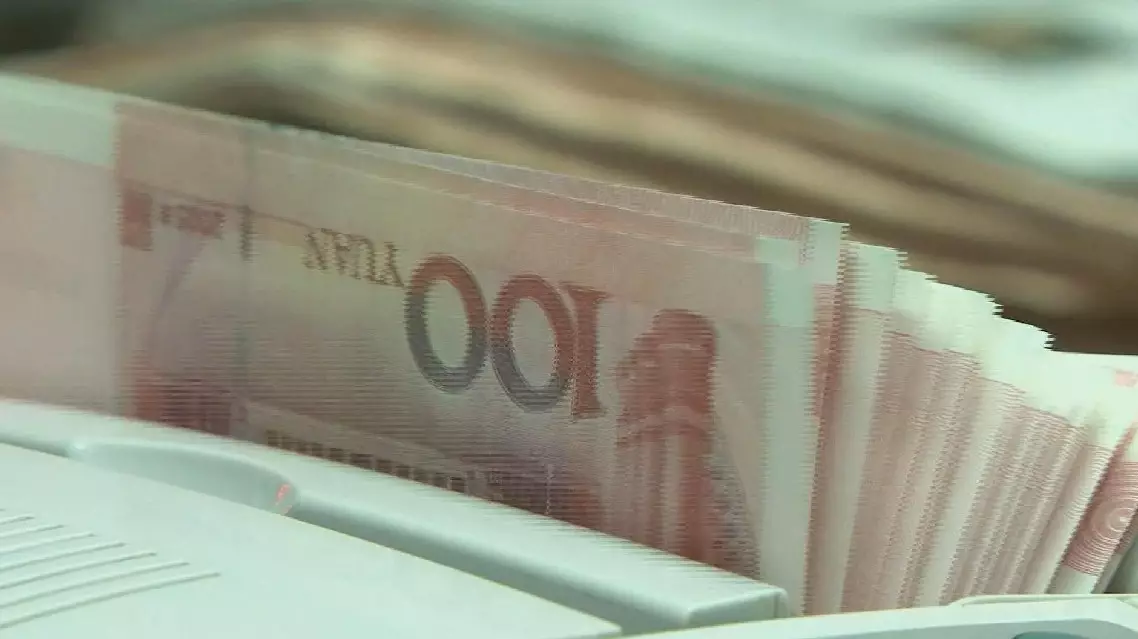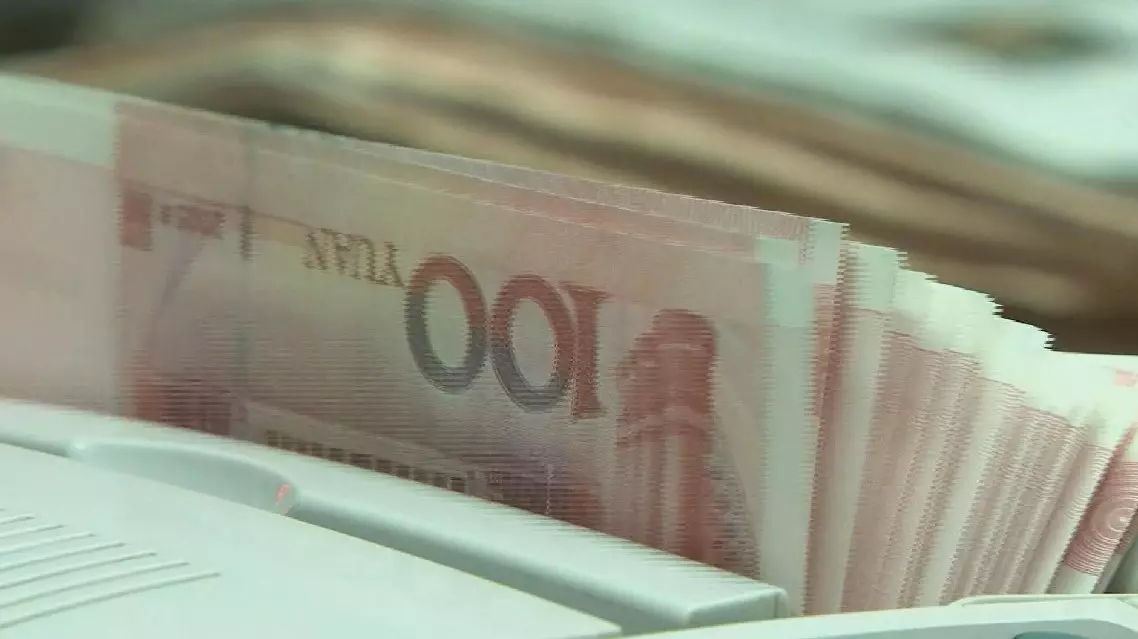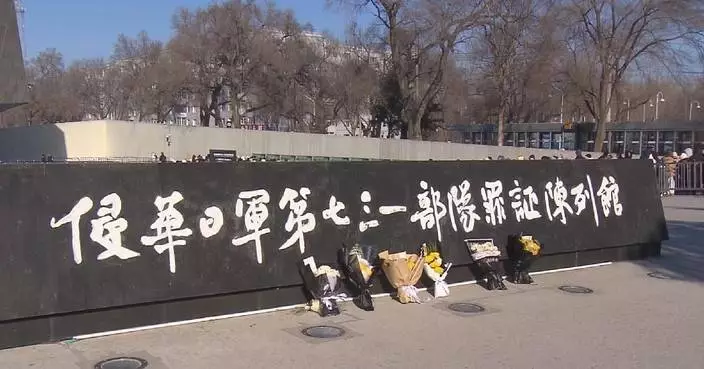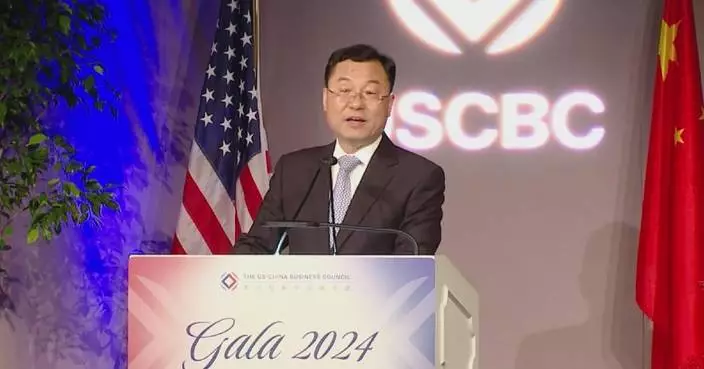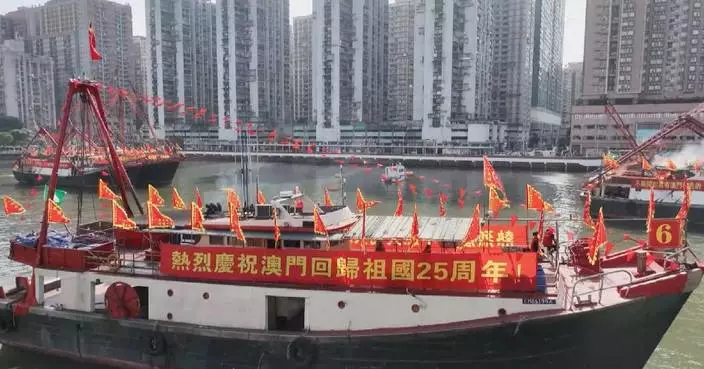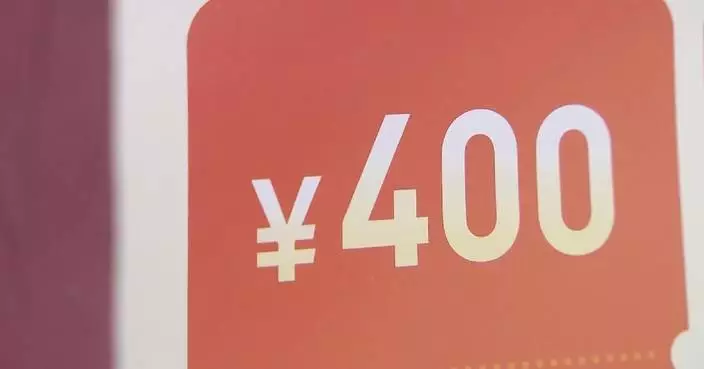The Macao Special Administrative Region's (SAR) tourism industry is poised to benefit from a new policy allowing tour groups to travel between Macao and Hengqin Island, a move that is expected to boost economic cooperation and tourism development in the region, said Maria Helena de Senna Fernandes, director of the Macao Government Tourism Office.
In an interview with China Global Television Network (CGTN) as Macao is marking the 25th anniversary of its return to the motherland, she highlighted the benefits brought by the exit and entry management policies introduced by the National Immigration Administration (NIA) half a year ago.
In late April, the NIA issued a host of measures to facilitate overseas trips for residents. These include diversifying application channels for travel documents, streamlining the application procedures, and extending the stay periods.
A special endorsement now allows Chinese mainland tourist groups traveling between Hengqin and Macao to move freely without restrictions on the number of entries within seven days through Hengqin Port.
Senna Fernandes noted that these measures have bolstered Macao's economic recovery and fostered closer cooperation with Hengqin, a neighboring district in Zhuhai City.
"Macao has always benefited from different policies which are implemented by the central government. It is very important for our own industry people to continue to utilize all these new policies well. There is the possibility of tour groups moving backwards and forwards between Macao and Hengqin during seven days. And also we are able to utilize resources in Hengqin as well because right now the room occupancy rate in Macao is already up to on average 85 percent. With this possibility of additional room count in Hengqin, we can plan itineraries utilizing other tourism attractions like the theme park in Hengqin. This will definitely enhance the appeal of Macao," she said.
While taking pride in these achievements, Senna Fernandes acknowledged the challenges facing Macao, such as traffic congestion and limited resources for non-gaming tourism. She emphasized that the region has been investing in infrastructure and non-gaming elements to better cater to visitors.
"Obviously, in terms of the infrastructure development, there is a new urban plan, the time frame is between 2020 to 2024. So there are a lot of thoughts being given to local infrastructure there. Starting last year, there is a lot of more investment going into non-gaming elements. So we are looking forward to having a better distribution of our visitors to different areas of Macao," she said.
Looking ahead, Senna Fernandes expressed pride in Macao being named the Culture City of East Asia for 2025, a recognition that highlights the region's cultural richness.
"The Culture City of East Asia for 2025 is a very, I would say, a very proud achievement for Macao. We have to utilize that. We've already invited the other three cities also granted with the East Asia capital of 2025. They will be joining us for the Chinese New Year parade in Macao. And throughout the year, there will be a lot of other possibilities to bring all the four capitals together to work on different projects, not only on tourism, but probably on culture, on sports or other activities. So we are very glad to say that there are a lot more reasons for different peoples to come to Macao and we hope that we are able to give them a lot of good things to do in Macao," she said.
Huzhou City in east China's Zhejiang Province, Macao SAR, Kamakura in Japan, and Anseong in South Korea were awarded the Culture Cities of East Asia 2025.
The Culture City of East Asia program, launched in 2013, aims to enhance cultural and tourism cooperation among the three countries.
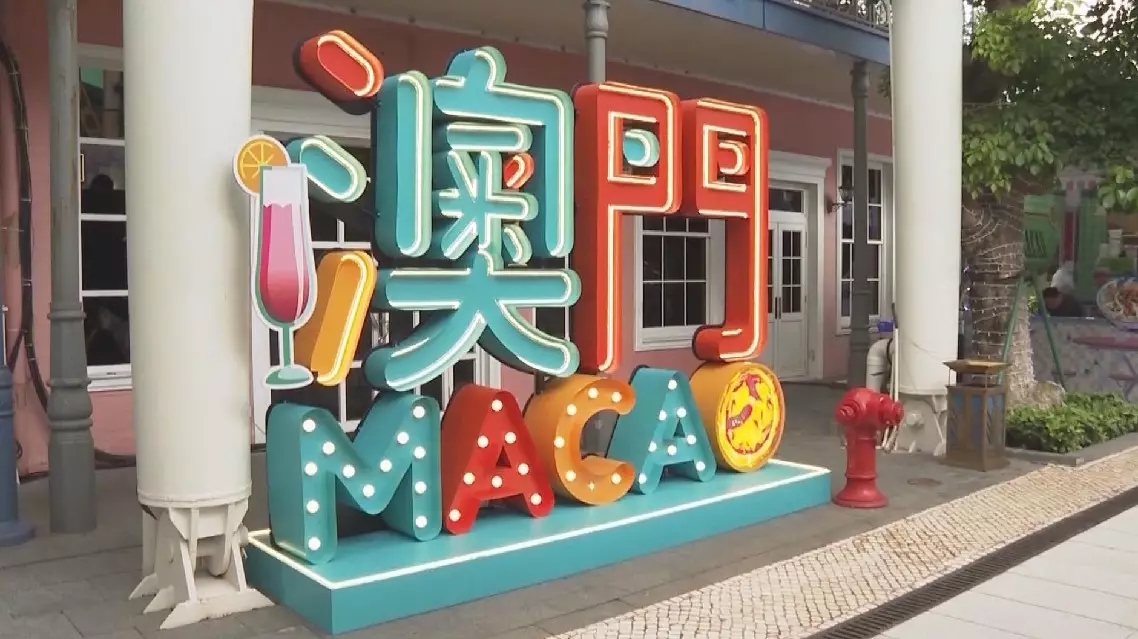
New policies to drive Macao's tourism boom: tourism chief


